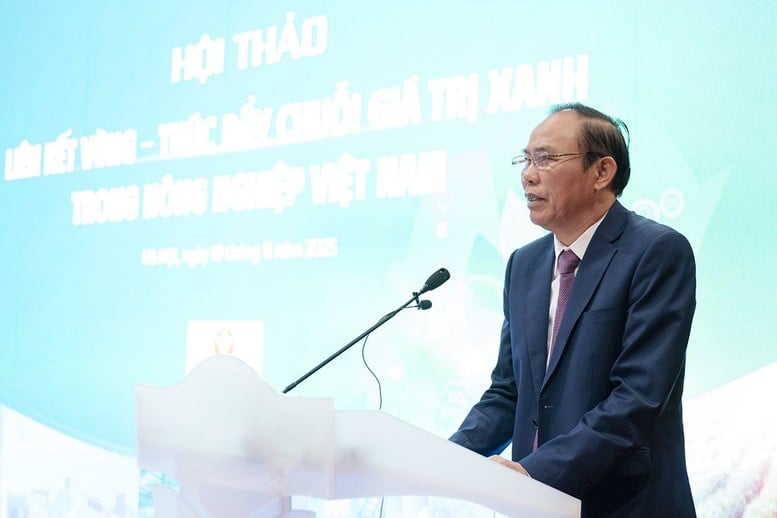
Deputy Minister of Agriculture and Environment Phung Duc Tien - Photo: VGP/Do Huong
Today (November 19), the Ministry of Agriculture and Environment organized the Workshop "Regional Linkage - Promoting Green Value Chains in Vietnam's Agriculture", bringing together hundreds of delegates from ministries, research institutes, businesses and cooperative systems. Opinions at the workshop once again affirmed: for green agriculture to become a new growth driver, Vietnam needs to build a class of professional farmers - the central force of the green agricultural product chain and the green economic ecosystem in agriculture.
According to Dr. Tran Cong Thang, Director of the Institute of Strategy and Policy on Agriculture and Environment, the major bottlenecks of current green value chains are small scale of linkages; few cooperatives and enterprises participate; unstable linkage quality; many contracts are not complied with due to lack of monitoring mechanisms and lack of management capacity at the grassroots level.
Mr. Thang emphasized that the focus of developing green value chains must be on building a force of professional farmers who are knowledgeable about green production processes, proficient in using digital technology , comply with international standards on traceability and certification, and are willing to participate in professional groups and cooperatives as the core for sustainable raw material areas.
To do that, it is necessary to invest heavily in farmer training, promote digital transformation in agriculture, support youth startups, develop green cooperatives and expand standard raw material areas.
Associate Professor Dr. Pham Thi Thanh Nga, Director of the Institute of Meteorology, Hydrology and Climate Change, said that climate change is spreading across regional space and directly affecting agricultural production systems. In the context of increasing natural disasters, expanding drought and salinity, and frequent extreme events, regional connectivity has become an inevitable requirement of the green agricultural model.
Ms. Nga emphasized that to create a green supply chain and increase the competitiveness of Vietnamese agricultural products, localities must share climate data, plan interconnected basin-ecological systems and implement data-based climate risk management. This is the foundation for maintaining long-term food security, while shifting the agricultural growth model towards a circular and low-emission economy.
Representatives of the Vietnam Cooperative Alliance proposed a system of synchronous solutions to replicate the green cooperative model. First of all, it is necessary to soon complete the legal corridor according to the Cooperative Law 2023, ensuring that the 8 groups of policies supporting cooperatives are put into practice. At the same time, it is necessary to improve the management capacity of cooperatives through training on business administration, marketing, contract negotiation, finance and cooperative economics.
For farmers, training in smart farming techniques, low-carbon farming, and ecological farming is the key to maintaining the quality and stability of raw material areas. At the same time, cooperatives need to closely connect with science and technology, apply sensors, IoT, digital maps, and smart traceability systems to ensure product transparency.
At the macro level, support policies must shift from direct, short-term support to long-term, conditional investment, creating a favorable ecosystem for cooperatives to develop sustainably.
Speaking at the workshop, Deputy Minister of Agriculture and Environment Phung Duc Tien affirmed: today's generation of farmers are facing the challenge of global competition, increasingly high quality requirements and pressure to adapt to climate. Therefore, farmers must become the central subjects of green production - people with knowledge, economic thinking, management skills and the ability to cooperate in the chain.
The Ministry will promote regional linkage strategies and multi-agent cooperation models between farmers, businesses, scientists and the government. Solutions on traceability, food safety, international standard certification, technology transfer and development of unique products will be the pillars for sustainable development of the green value chain.
The Deputy Minister emphasized: "Developing green value chains is not only the responsibility of the agricultural sector, but of the whole society. Only when everyone participates can we create a strong enough overall strength to change the production ecosystem and make Vietnamese agriculture a green model in the region."
Do Huong
Source: https://baochinhphu.vn/xay-dung-nong-dan-la-trung-tam-cua-chuoi-nong-san-xanh-102251119154737919.htm






![[Photo] The Standing Committee of the Organizing Subcommittee serving the 14th National Party Congress meets on information and propaganda work for the Congress.](https://vphoto.vietnam.vn/thumb/1200x675/vietnam/resource/IMAGE/2025/11/19/1763531906775_tieu-ban-phuc-vu-dh-19-11-9302-614-jpg.webp)

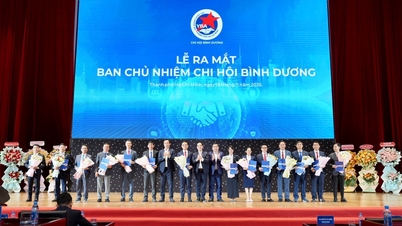



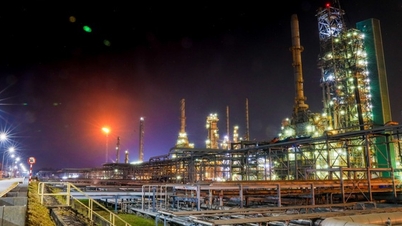



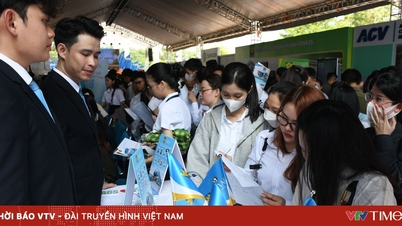




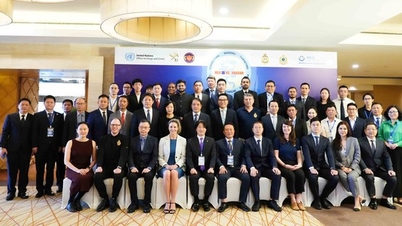
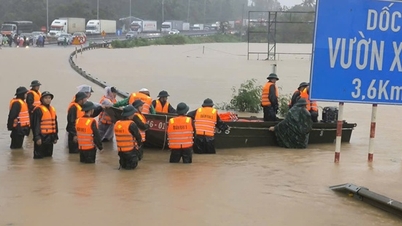
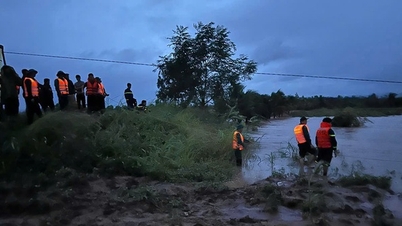
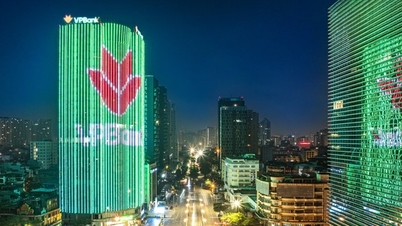
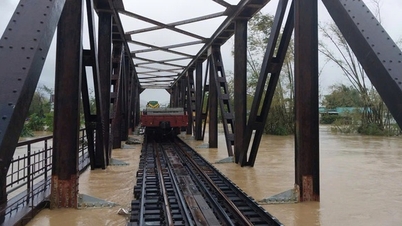
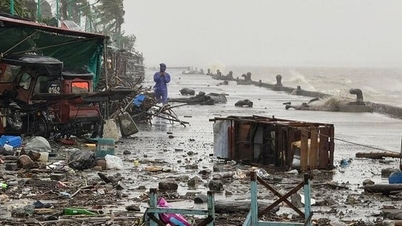
![[Photo] Prime Minister Pham Minh Chinh and his wife meet the Vietnamese community in Algeria](https://vphoto.vietnam.vn/thumb/1200x675/vietnam/resource/IMAGE/2025/11/19/1763510299099_1763510015166-jpg.webp)
![[Photo] General Secretary To Lam receives Slovakian Deputy Prime Minister and Minister of Defense Robert Kalinak](https://vphoto.vietnam.vn/thumb/1200x675/vietnam/resource/IMAGE/2025/11/18/1763467091441_a1-bnd-8261-6981-jpg.webp)










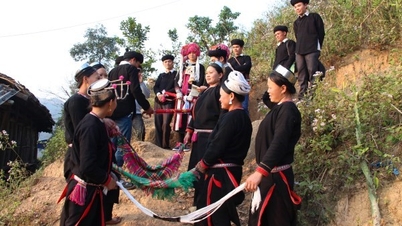

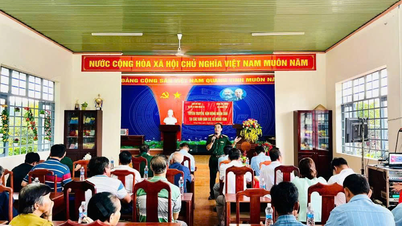



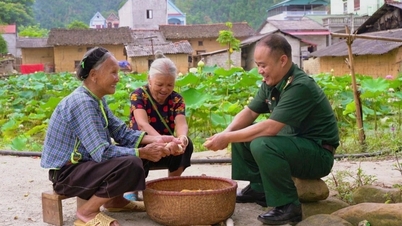










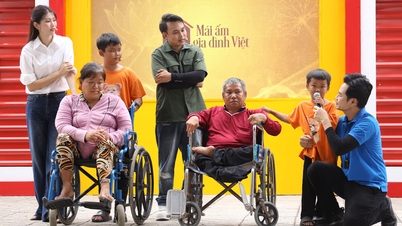
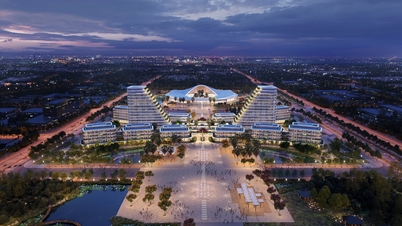
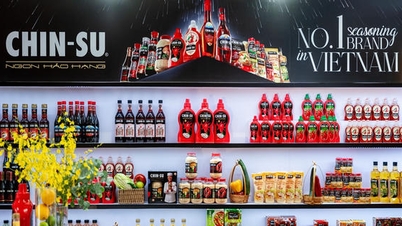











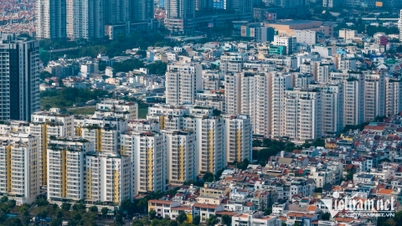
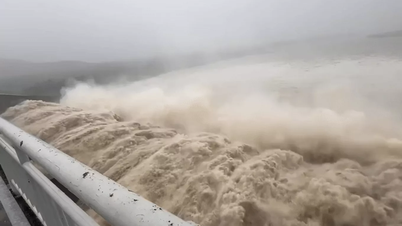









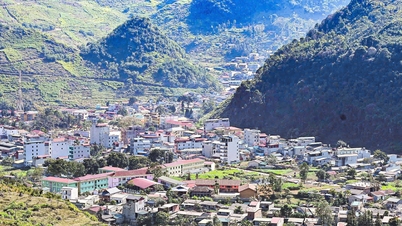

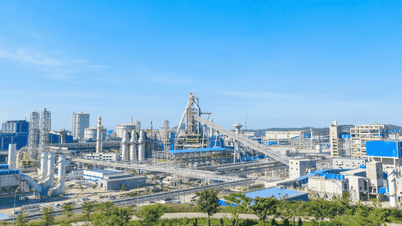
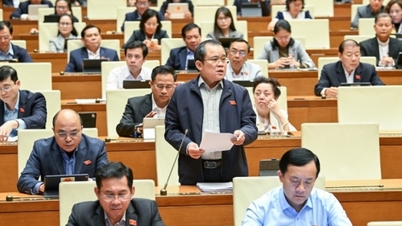

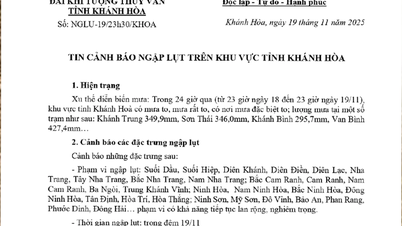


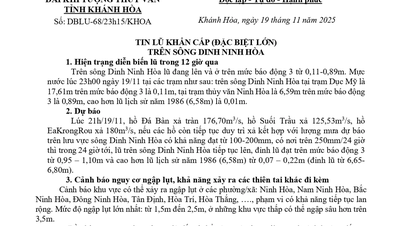
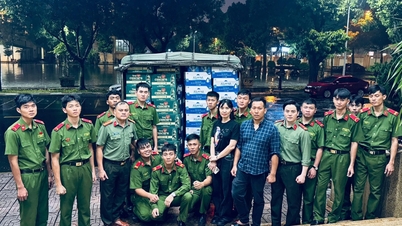

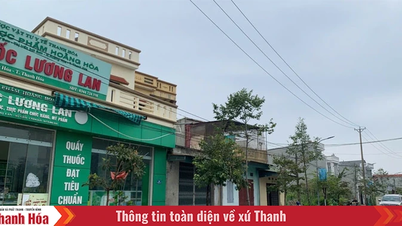












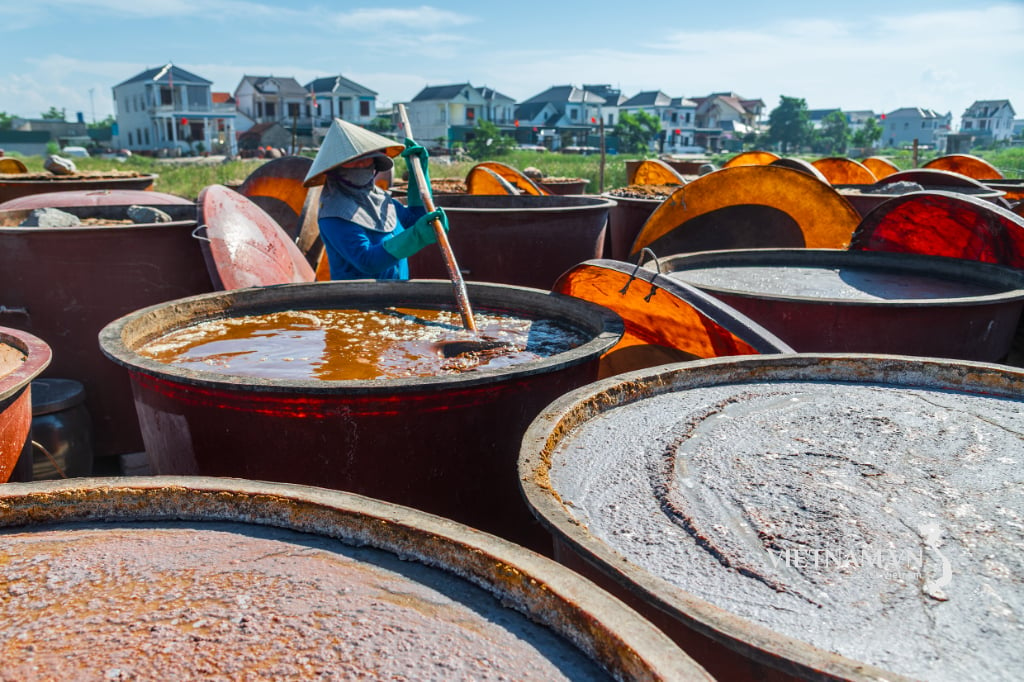


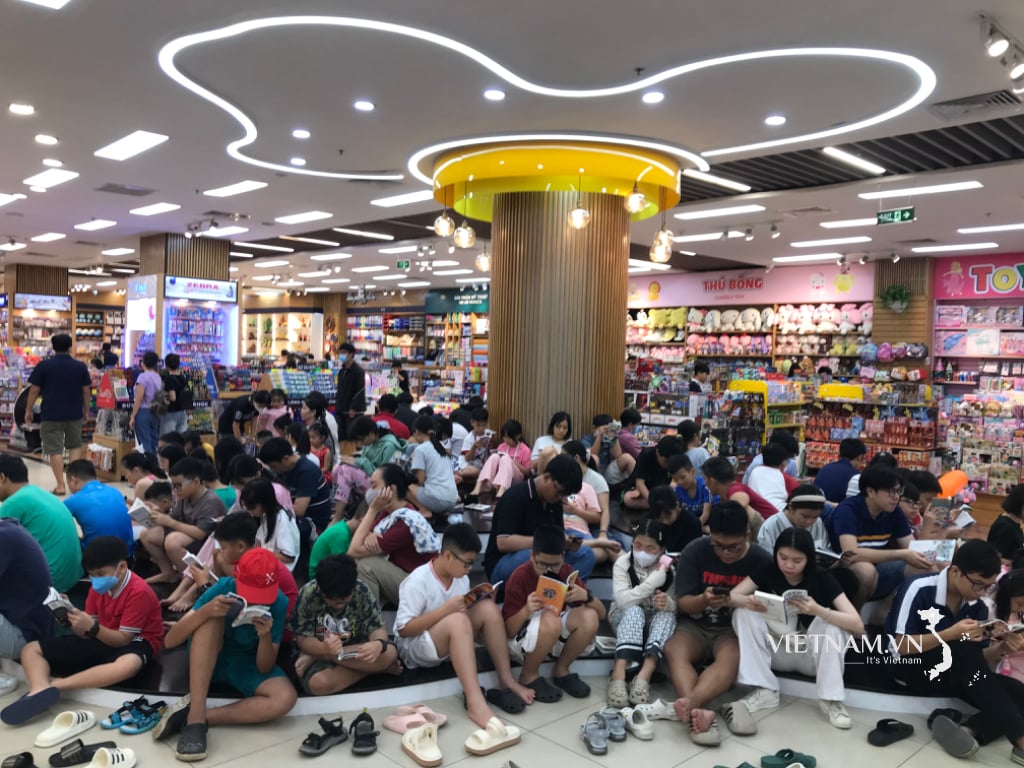
Comment (0)